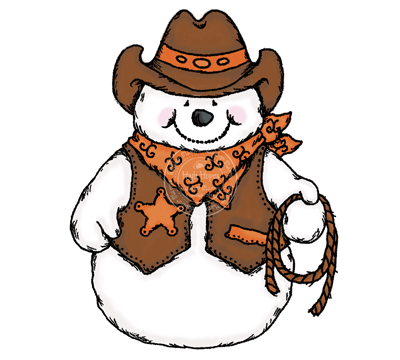I think the 1899 event was much more rare than a 100 year freeze, the fact that in over 200 years there has never been anything remotely comparable across N America speaks volumes.
It was certainly the most widespread recorded cold snap, but there may have been ones just as severe.
One of my books (Extreme Weather, 2007 edition) talks about three other severe cold snaps (but they may have not been nation wide); one in January and February 1835 (which I assume is the one you are referring to), one in January 1857 and one in January 1859.
According to the book temperatures in January 1835 (some of them far below the more modern official records) were -40F (at which temperature mercury freezes) in Bangor and Bath Maine and Montpelier and White River Vermont. In Conneticut, Hartford was -27F and New Haven -30F. Massachusetts logged in with -32F at Pittsfield and -30F in Williamstown. Sevannah Georgia dropped to 0F, 8 degress colder than the 1899 reading. Charleston South Carolina had 2F and St Augustine Florida had a high of 21F and a low of 7F.
Here are some of the temperatures recorded from the January 1857 cold snap with spirit thermometers; -52F at Bath ME (which is on the coast!), -51F at Franconia NH, -50F at Montpelier and Johnsbury VT (all of which are far below "modern" records). An official weather station at Norwhich VT recorded -44F. Boston reported an
afternoon temperature of -8F and Boston suburbs such as Malden and West Newton reached -30F. On Cape Cod it was -24F at Wareham. New York City did manage to reach 0F that day.
The January 1859 cold snap produced the following temperatures; -44F at Montreal (the "modern" record low is -29F in 1933); Burlington Vermont had an
afternoon (2 PM) temperature of -26F and dropped to at least -32F. Cambridge MA had -4.5 at 2PM. Nantucket Island was -12F. New York City never reached more than -3.8F in the afternoon.
In the late 1700s and 1800s snow fell in places like Bermuda (1784) and Cuba several times.
Information on western cold snaps isn’t readily available since few people were living in the west during that time. One thing that is known is that a severe cold snap hit in 1888. Randolph Utah recorded -65F; 15 degrees colder than any “modern” official record in an incorporated town in Utah.
While at first the temperature might seem unlikely, during the same time period the army also recorded -65F at Fort Keogh Montana; amazing since the modern record at the Miles City Airport (closest weather station) is only -38F.
Outside the Rocky Mountains, Minneapolis also recorded -41F during the same time period, which remains the coldest temperature recorded there.
If places such as Miles City and Randolph recorded -65F (and each of the two records seems to verify the other), it would be interesting to speculate how cold the normally colder locations actually got had there been anyone around with a thermometer to record it. If those two locations really did hit -65F, it would be reasonable to assume that places like West Yellowstone, Rogers Pass or Taylor Park could have easily been down in the -70F to -80F range; which of course would be incredible.
 The posts in this forum are NOT official forecast and should not be used as such. They are just the opinion of the poster and may or may not be backed by sound meteorological data. They are NOT endorsed by any professional institution or
The posts in this forum are NOT official forecast and should not be used as such. They are just the opinion of the poster and may or may not be backed by sound meteorological data. They are NOT endorsed by any professional institution or 











